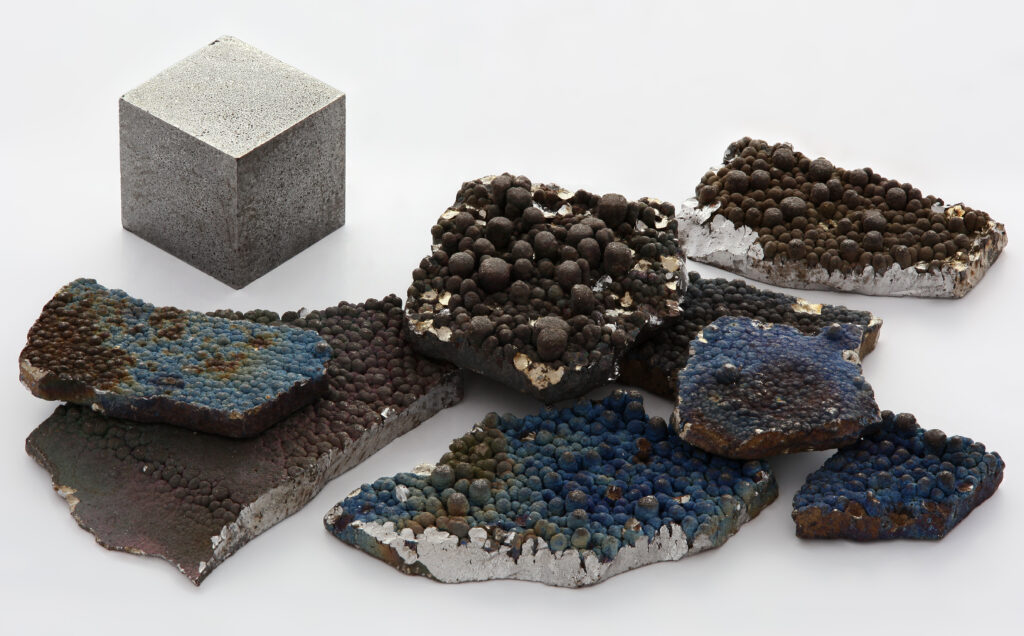
Manganese is a metal that has many industrial applications, such as steel production, battery manufacturing, and chemical processing. Ghana is one of the major producers of manganese in Africa, with an estimated annual output of 1.9 million metric tons in 2020.
The main source of manganese in Ghana is the Nsuta mine, located in the Western Region. The mine is operated by Ghana Manganese Company Limited (GMCL), a subsidiary of Consolidated Minerals Limited (CML), a privately-owned Australian company.
GMCL has a mining lease that covers an area of 175 square kilometers and a mineral right that covers an area of 13.6 square kilometers.
The mine has a processing plant that can produce up to 2.4 million metric tons of manganese ore per year.
The ore is exported mainly to China, India, and Ukraine, where it is used for steelmaking and other purposes. Ghana’s manganese production contributes to the country’s economic development and social welfare.
According to GMCL, the company paid over $17 million in taxes and royalties to the government of Ghana in 2019, and employed over 600 workers directly and indirectly.
The company also supports various community development projects, such as education, health, water supply, and sanitation. However, the mining industry also faces some challenges, such as environmental degradation, land disputes, and illegal mining activities.
GMCL has been accused of causing pollution and deforestation in the Nsuta area, and of violating the rights of the local communities.
The company has denied these allegations and claimed that it follows the best practices of environmental management and social responsibility.
The government of Ghana has also taken some measures to regulate the mining sector and ensure its sustainability.
For instance, in 2018, the government imposed a 10% export levy on manganese ore to encourage local beneficiation and value addition. The government also plans to establish a manganese development authority to oversee the industry and promote its growth.





